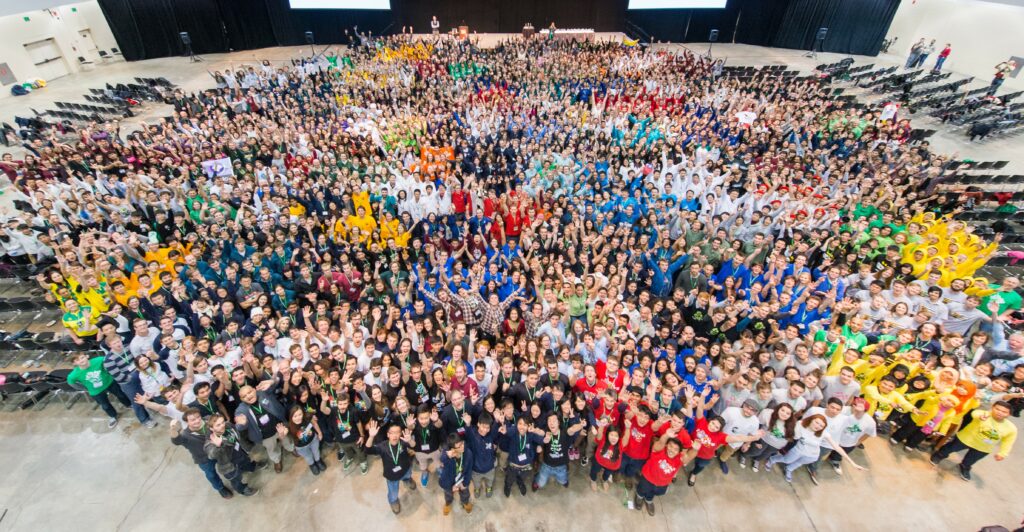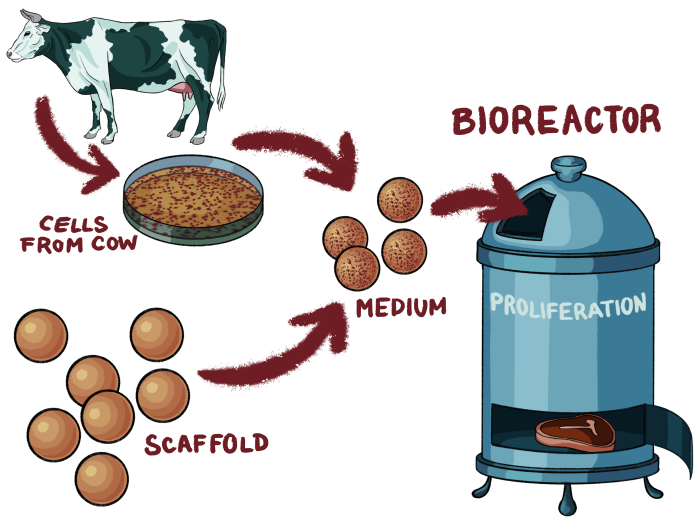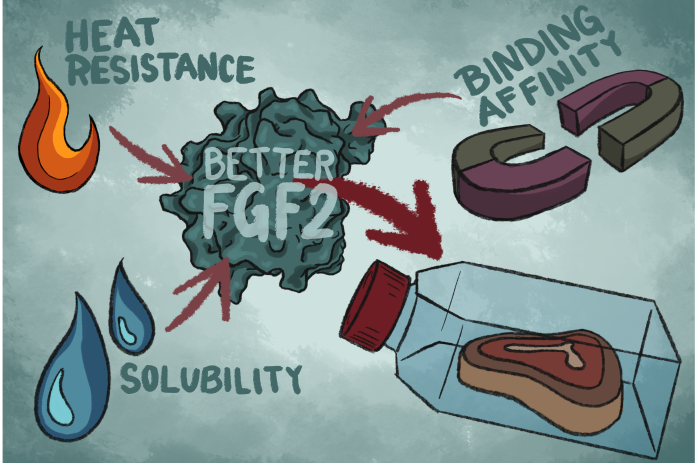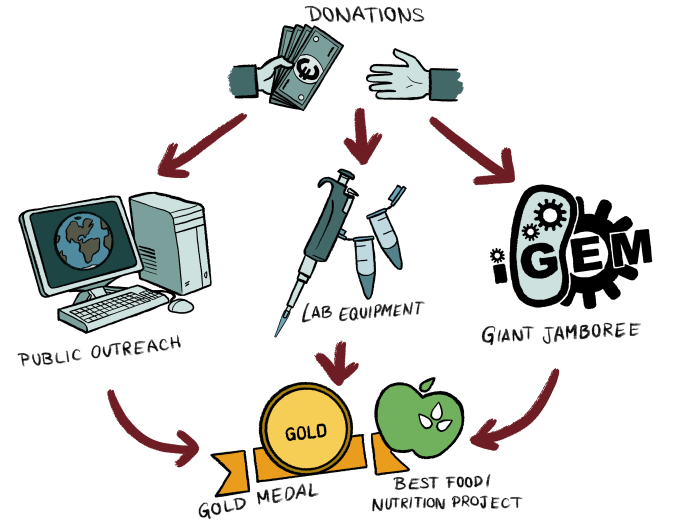The iGEM competition
The International Genetically Engineered Machine (iGEM) competition is an annual and worldwide synthetic biology competition. The event attracts about 6 000 participants who are undergraduate university students, as well as high school and graduate students. Uppsala University has a strong history in the education of biology. Students from Uppsala have also been participating in the competition at least since 2009.

The IGEM competition ”is an opportunity for the team to push the boundaries of synthetic biology by tackling everyday issues facing the world. Multidisciplinary teams work together to design, build, test, and measure a system of their own design using interchangeable biological parts and standard molecular biology techniques.” (source: igem.org)
There are several different Medals and Special Prizes to compete for. To win, the teams have to fulfill several demanding criteria. All teams have to present their projects to the entire iGEM community to compete for the medals, awards, and prizes. The winners are then announced during an Awards Ceremony, which is the culmination of the Giant Jamboree.
The Uppsala IGEM Assiciation and team
The Uppsala IGEM Association has a team for 2021 that consists of nineteen highly motivated students with various backgrounds and bio-related educations.

The project team’s mission 2021
Together they focus to boost the development of cultivated meat.
The team looks to ”optimize the growth factors used in serum-free media to support the growth of cultivated meat. Given that one of the largest hurdles of the production is upscaling, we will be engineering one of the two growth factors, FGF-2, holding the cost high and are needed in the culture media.”

Their goal is to test for the optimization of bovine FGF2 in a few different ways;
- Improving the thermal stability to lower the degradation rate in media.
- Improving the binding affinity to receptor (FGFR2) through point mutations.
- Combine FGF-1 and FGF-2 to create a chimeric protein FGF-C for bovine. Done to maintain mitogenic activity, primarily through preventing trypsin degradation. By this, increasing solubility, hence expression.
They aim to increase the yield of the protein, hence lowering the production costs. Hopefull for expressing the modified FGF2 proteins, the plan is to purify and upscale the protein in bioreactors to test the media.

Follow and support the project
The students have started an Indiegogo.com campaign where anyone can support their cause.

Updates are found on iGEM Uppsala’s webpage, LinkedIn, and the IGEM’s LinkedIn.
Good luck to you
A very warm welcome to the Testa Center to all the participants of the Uppsala University team! The Testa Center staff all hope that you will find your stay useful. We are certain that you learn a lot. We keep our fingers crossed that you will succeed with your ambitious plans. Good luck in the competition!

